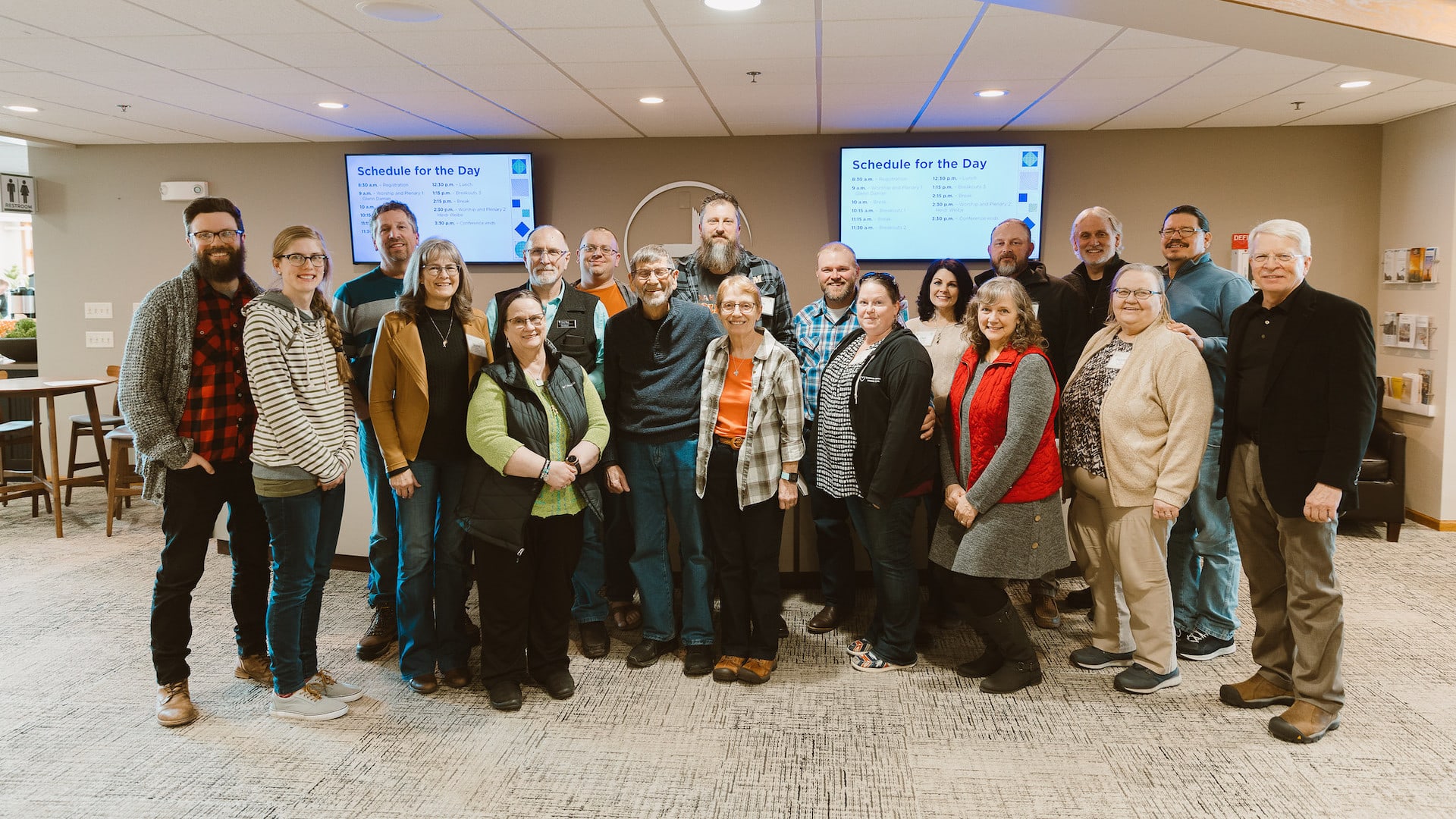Responding to requests from pastors and recognizing the need for affordable, accessible training on ministry in rural contexts, the Northwest Conference facilitated its second annual Rural Impact Leadership Conference last month. The hybrid event was hosted by Alexandria (Minnesota) Covenant Church in partnership with Oak Hills Christian College and the Covenant’s Commission on Town and Country Ministries.
The one-day conference was “designed to equip rural and small town pastors and leaders in the nurture of thriving rural congregations,” according to their website.
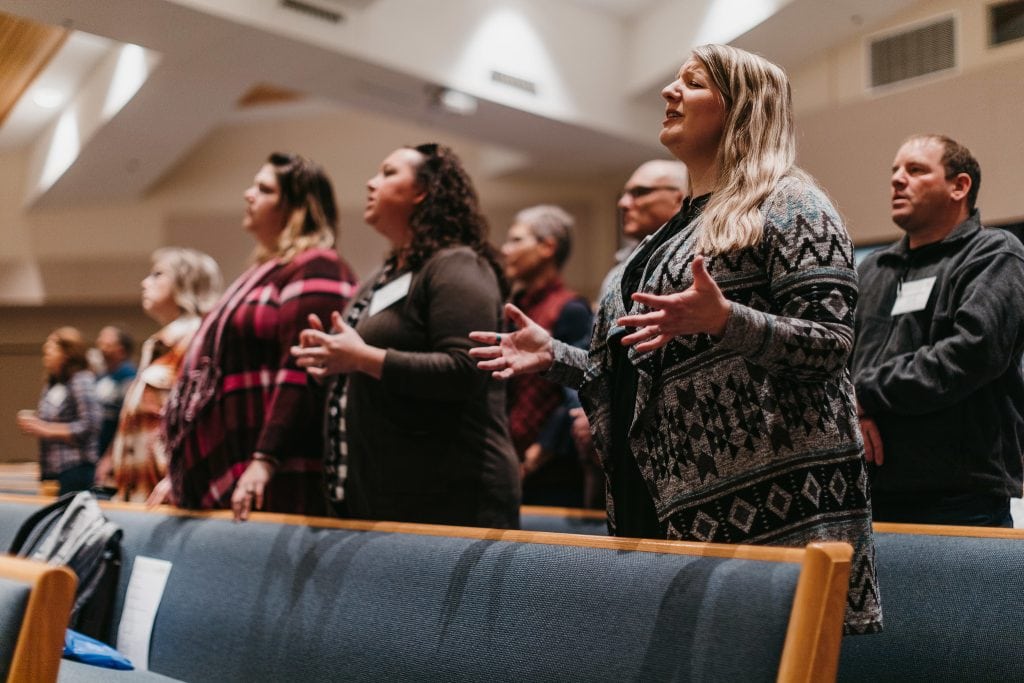
I was able to attend online, and afterward, I spoke with Jon Kramka, director of congregational vitality for the Northwest Conference. He emphasized that the steering team’s hope for the conference is that it would “honor the rural voice” and that “those who participate would hear loud and clear the rural voice and story within our presentations.”
In the opening plenary session, Dr. Glenn Damon reminded those in attendance that amid a rapidly changing world, Christians can ground themselves on God’s unchanging nature.
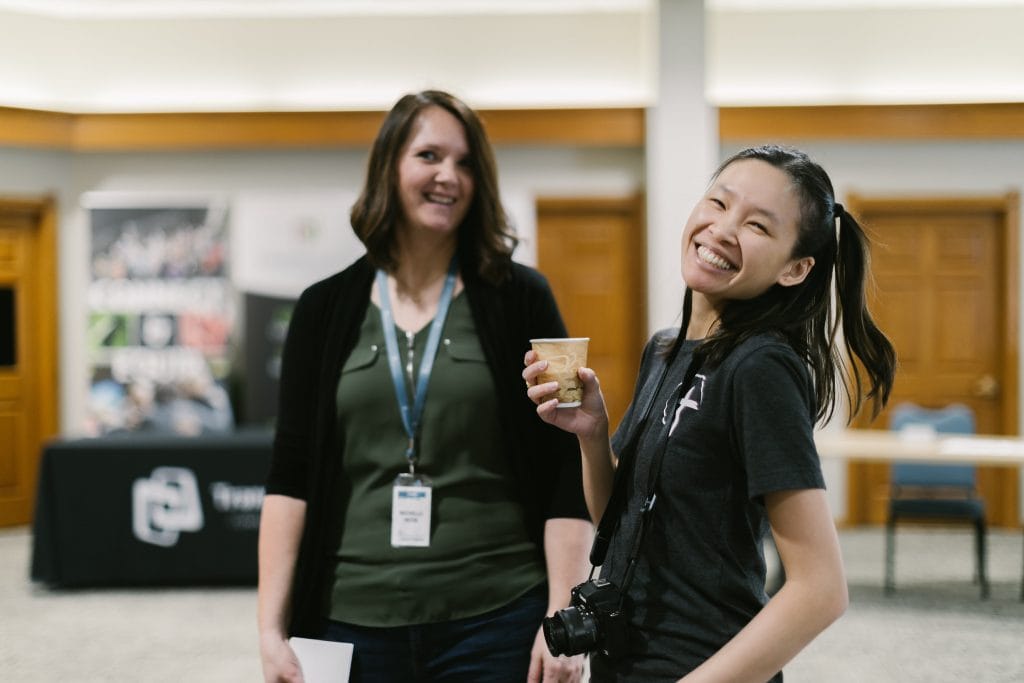
Workshops addressed such topics as “Evangelism in a Rural Context,” facilitated by Martin Giese, president of Oak Hills Christian College, who talked about relational evangelism in the rural church. While members of rural communities tend to naturally be more connected to each other, he said, this dynamic can actually lead to “social overexposure, which leads to relational closure.” But focusing on “the clarity of the message and the credibility of the one who shares it” can counteract this tendency to be seen as “physically present, but spiritually absent” by their communities.
I am involved with youth ministry in my home congregation of Naperville (Illinois) Covenant Church, so I was especially interested in “Sharing Faith to the Next Generation,” led by Sara Sosa, director of children and family ministry for the Northwest Conference, and Tiger McLuen, executive director of Youth Ministry Consultants. Sosa provided the powerful reminder, “Don’t skip past the fact that you represent God to a child….Their first ideas of what God is like are coming to them through adults. If we can mirror the true nature of who Jesus is, and how much he loves them and wants to be a part of their lives…they start to make these connections.”
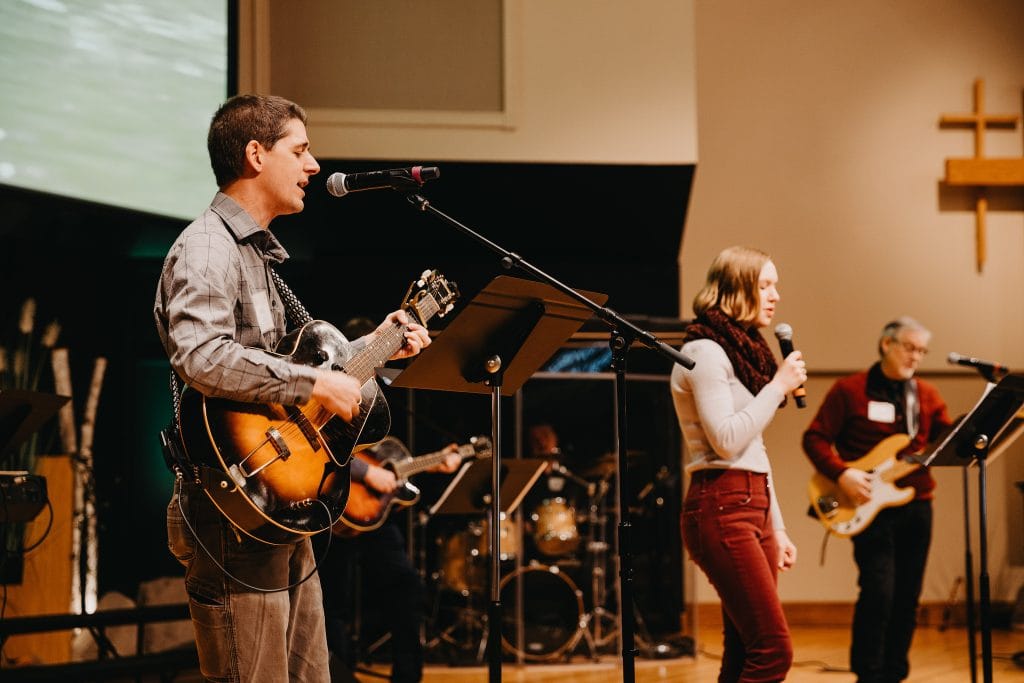
The conference also directly addressed some issues that are often difficult for churches to discuss. A Mental Health panel highlighted the fact that residents of rural areas are more likely to first address mental health concerns with their pastor rather than with a mental health professional. The workshop was designed to help pastors better understand and fulfill their role in such situations.
“Loving All Our Neighbors,” on immigration and refugee resettlement highlighted many assumptions, stereotypes, and terminology on the topic. “As Christians,” said Jenny Groen, Willmar area coordinator for Arrive Ministries, “I think we have a unique opportunity to change the narrative… because of how God views people.” She also noted the importance of developing relationships and shared a powerful story of how she has seen God at work in her own ministry and context.
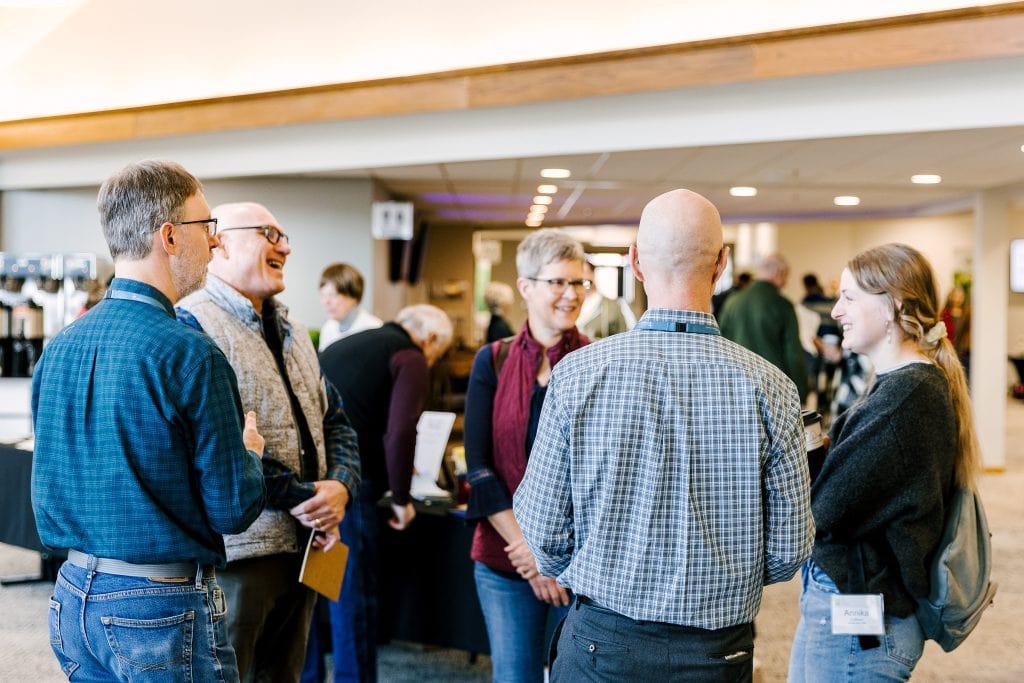
Covenant pastor Heidi Wiebe presented the closing plenary session on how congregations can find joy in calibrating their mission statement and strategic planning towards the Spirit’s leading.
I was grateful to be in attendance and see this conference as a valuable resource for those serving in rural contexts. When I asked Kramka where the steering team hoped to see the conference go in the future, he shared a vision that, “It will become an annual gathering of rural/small town mission friends which practices what Scripture invites us to do, which is iron sharpening iron in contextual mission and ministry.”


